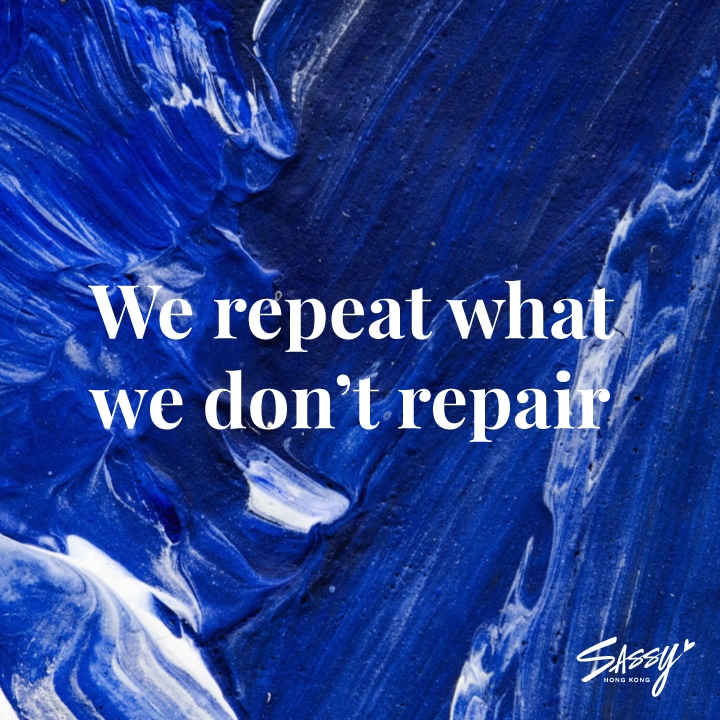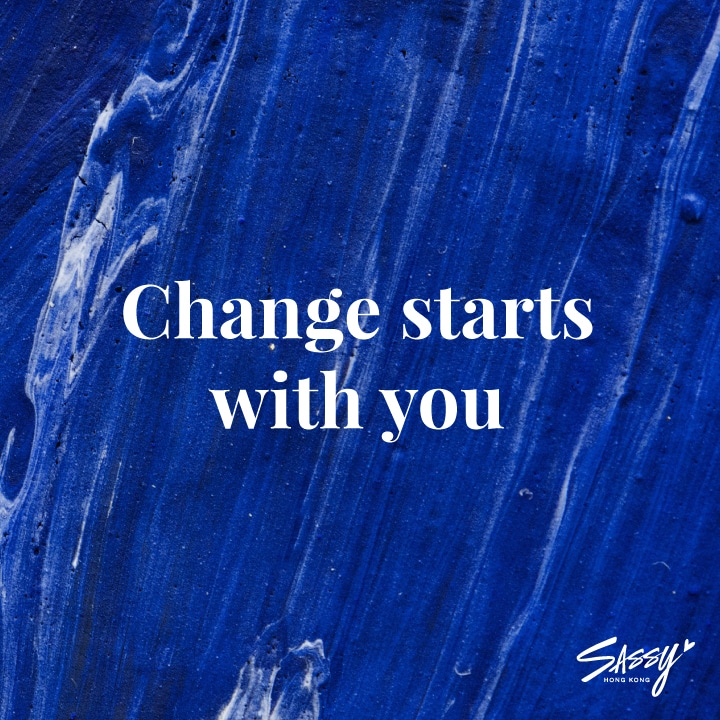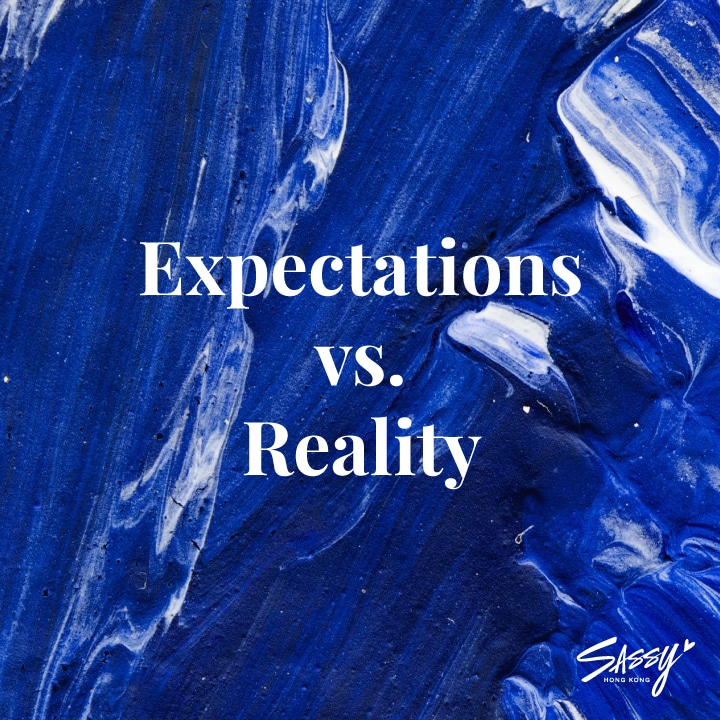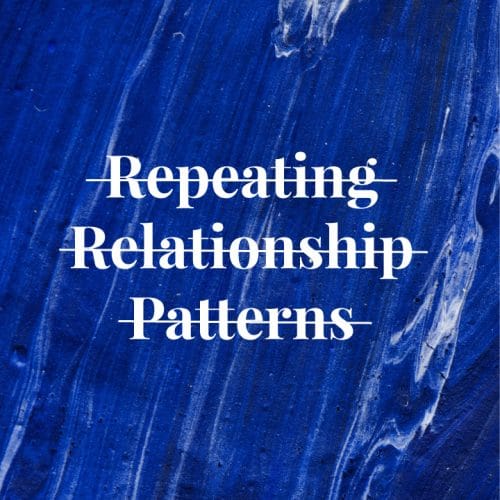If you feel like you keep making the same mistakes in your romantic relationships, these explanations and tips from a clinical psychologist might just help break the cycle.
Do you keep picking the wrong partners or falling into the same relationship rut? If you answered yes, you’re not alone. The truth is, humans are creatures of habit, and habits come from repetition: what we did yesterday, we will do today.
Common feelings:
“What’s wrong with me? I’m a smart, good-looking woman with a successful career. I have a lot to offer, but I keep picking partners who treat me poorly.”
“A few weeks into dating this girl and I’m already making myself miserable worrying that she doesn’t find me attractive enough. Once again, I know I’ll manage to turn my fear of not being good enough into a self-fulfilling prophecy and ruin yet another chance at a decent relationship.”
Why Do We Repeat Patterns?
Albert Einstein is broadly credited with exclaiming, “The definition of insanity is doing the same thing over and over again, but expecting different results.” We find comfort in routines, even when they have the possibility of disrupting or distressing us.
Freud referred to this need to repeat familiar experiences as, “the repetition compulsion.” We’re comfortable with familiar old patterns, even when they cause us stress or pain. So, really, it’s no surprise that we continue to repeat them, even when they don’t get us where we want to go. How many of us have stayed in relationships that we know are unhealthy, with a person who’s repeatedly hurt us?
The neuroscience of behaviour tells us, neurons in our brain like familiar pathways and routines just as much as our emotions do. Neural pathways (that transmit information to the rest of our body) in our brain are created based on our habits and repetitive behaviour.
Picture this:
Imagine that you’re going on a hike and decide to go off the trail. You venture through overgrown grass and pull aside tree branches to find your way to your destination. Once you decide you’ve gone far enough (and snapped a couple of photos for Insta) you turn back and follow the same path you just used to return to the trail – the one where the grassy path has become a little bit flatter, matted and worn. It wouldn’t make much sense to struggle through new grass and have to pull aside more tree branches. Over time, as other people travel down the route you have created, it becomes a well-worn pathway. Hiking trails are similar to your brain pathways – once a path is carved through the “over grown” grass, the neurons begin to follow it.
This is great news for making desired changes. With a little bit of understanding and advice on how to develop and strengthen neural pathways, you can begin to build a road map (or hiking trail) to change the way you approach and navigate your relationships completely.
Click through the slideshow for 5 ways to stop repeating relationship patterns that aren’t serving you well…
Read more: 8 Things You Can Do For Your Mental Health
In childhood, we learn how to relate to others – we learn what a family is and what love looks like. We develop good and bad habits. As adults, we use these relationship models as a guide to pick a partner. It seems counterintuitive that as adults we would look for the same style of family “love” that caused problems in our childhood, but the theory of repetition compulsion predicts that we will, in fact, be drawn to this kind of relationship in the hope that the outcome may be different. The unhealthy patterns we develop in childhood impact not only our choice in partner, but also how we relate to them.
Action: Try asking yourself these 3 questions. What did you need most in your childhood? How did your parents respond to these needs? Are you looking for your romantic partners to meet the same needs?
The first step is to be aware and understanding of your role in your painful or unhealthy relationship dynamic. You have to be willing to change what you have been doing in the past in order to create an experience that feels completely new to you. Blaming yourself is not beneficial, but accepting your part in the relationship breakdown is essential.
Action: Start by looking at your last relationship and think about every step (big or small!) where you could have made a different choice. Now play out each of those scenes using your alternate choice. By doing this, you begin to take responsibility for your mistakes – until you do that, nothing can change.
Disney, Hollywood romcoms and teenage novels have all contributed to give us unrealistic expectations when it comes to relationships. The roller coaster of emotions, last minute plot changes and the grand gestures we see in fiction don’t often happen in real life. When we compare our relationships to those in books or movies, we can mistake security in our partner as being predictable and boring. A healthy relationship isn’t built on constant excitement and emotional curveballs (which is actually exhausting). Instead, when you find yourself in a truly secure relationship, you can take comfort in the fact that your partner is going to be there with you through all the ups and downs, and all the little moments in between.
Action: Make a list of your favourite movies or books from when you were a teenager. Now think about the lessons or “truths” you took away from them – do any of them link to your expectations of romantic relationships?
With social media at our fingertips, it’s hard not to get caught up and feel jealous of seemingly perfect lives as we scroll through perfectly manicured photos. Relationship envy is toxic because it puts you in the mindset of being sad about what you don’t have, instead of appreciating what’s right in front of you. It’s important to remember, people are more than what they “post”.
Action: Take a break from social media and focus on the genuine off-screen connections you have in your life.
The only thing that you have control over is yourself, your own choices, actions and behaviours. We can’t control the outcome of our relationships. In fact, focusing on what we can’t control makes us less effective and potentially leads to the relationship outcomes we fear the most. Whilst we can’t always choose how we feel, we can always choose how we act. We can take control of our responses and be the type of partner we want to be. We can shift the dynamic and outcome of the relationship by changing our half of the interaction.
Action: Think about how you can get your needs met in any given situation by altering your behaviour or responses. Use the STOP acronym. Stop. Take a step back. Observe and take stock. Proceed mindfully.
Remember, relationships are one of the most rewarding human experiences. If you play an active role in breaking relationship patterns that don’t benefit you, you are giving yourself a better shot at finding (and keeping) a healthy long-term relationship.
Editor’s Note: This post was first published in April 2019, and was updated in April 2020.
View Gallery
All images courtesy of Sassy Media Group.





 Eat & Drink
Eat & Drink



 Travel
Travel



 Style
Style



 Beauty
Beauty



 Health & Wellness
Health & Wellness

 Home & Decor
Home & Decor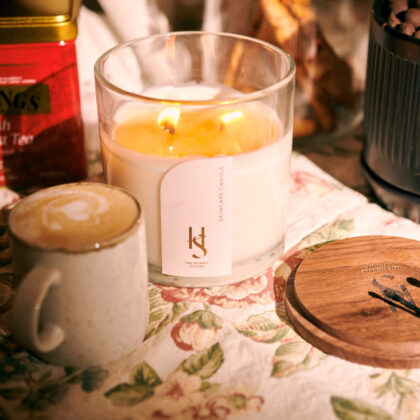


 Lifestyle
Lifestyle
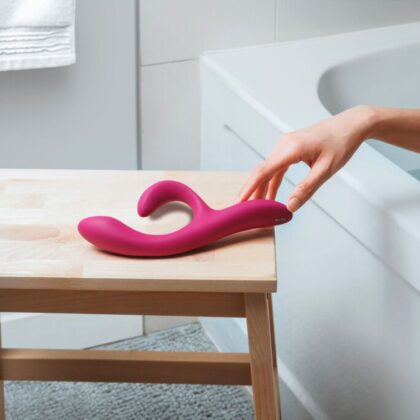

 Weddings
Weddings



